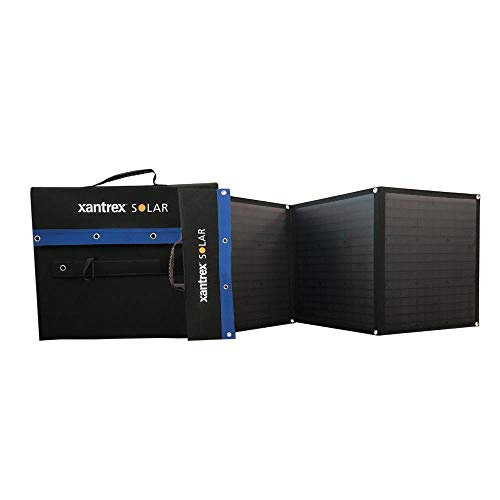But beginners need a simple starting point, and rules of thumb can be useful for that.
The most important points for battery longevity sound simple
1. Get back to true 100% Full most cycles
2. Don't draw down below 50% except occasionally if necessary
Which can be adapted to
Don't draw down more than you can recharge every day or two.
The problem is, obeying these laws takes more knowledge and gear than most people have or are willing to acquire.
So we ballpark it for most and hope for sunny weather.
The most important points for battery longevity sound simple
1. Get back to true 100% Full most cycles
2. Don't draw down below 50% except occasionally if necessary
Which can be adapted to
Don't draw down more than you can recharge every day or two.
The problem is, obeying these laws takes more knowledge and gear than most people have or are willing to acquire.
So we ballpark it for most and hope for sunny weather.



































































